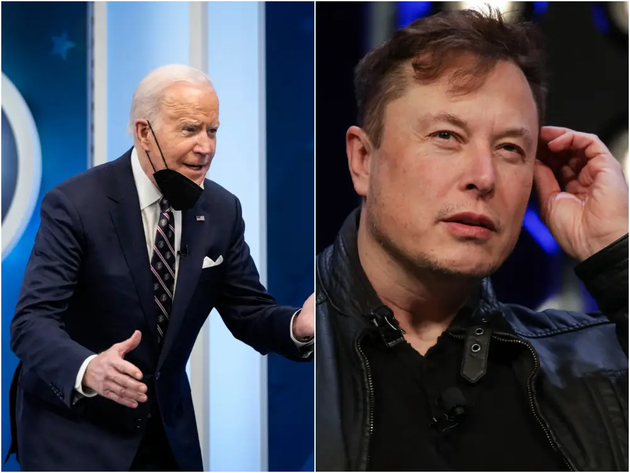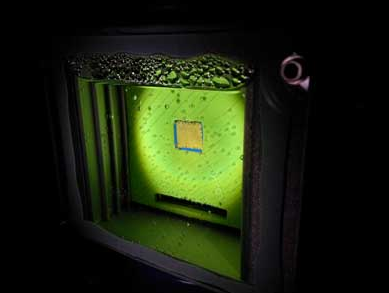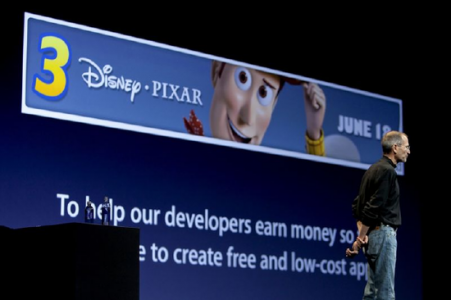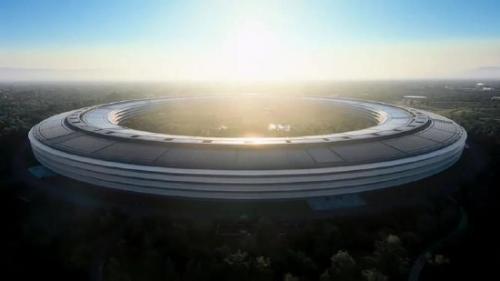your current location is:Home > carHomecar
GM's Cruise to offer driverless taxis in two U.S. cities
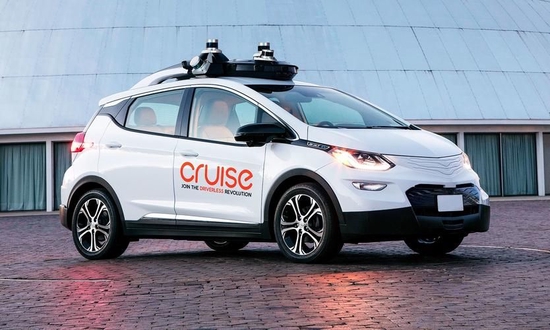
According to reports, on Monday, local time, Kyle Vogt, CEO of Cruise, a self-driving technology company owned by General Motors, said that the company plans to drive the autonomous driving technology within 90 days. Self-driving taxi service expands to Phoenix, Arizona and Austin, Texas.
Vogt told a Goldman Sachs conference that Cruise, which is currently in the red, is targeting $1 billion in revenue by 2025, equivalent to half of GM's annual investment.
In June, Cruise began offering night-time paid self-driving taxis in San Francisco using Chevrolet Bolt electric vehicles. Vogt said Cruise operates up to 70 self-driving cars in San Francisco and plans to double or triple the number by the end of the year.
Vogt said there will be only a handful of self-driving cars in Austin and Phoenix initially, which will “bring some revenue,” and plans to expand the business next year.
Cruise has secured full licenses to use self-driving cars for ride-hailing and delivery services in Phoenix, and has partnered with one of its investors, Walmart, to test a driverless delivery service.
Waymo, the self-driving car company owned by Alphabet, already operates a driverless taxi service in suburban Phoenix. In San Francisco, Waymo also offers self-driving taxis to a limited number of users, but with safety drivers.
Some investors are abandoning investments in risky technologies and reassessing the mass deployment of self-driving cars on public roads.
Vogt said the self-driving car industry has moved from "extremely optimistic" to "extremely pessimistic", but that's about to change. "I think people are surprised by how quickly these kinds of services are taking off when they get in a self-driving car for the first time."
In June, Cruise's self-driving car crashed in San Francisco, injuring two people. Cruise then recalled 80 of its self-driving cars and made a software upgrade. Vogt acknowledged that "we need to continue to work on some difficulties", but autonomous driving technology is "no longer the main bottleneck."
related articles
Article Comments (0)
- This article has not received comments yet, hurry up and grab the first frame~






